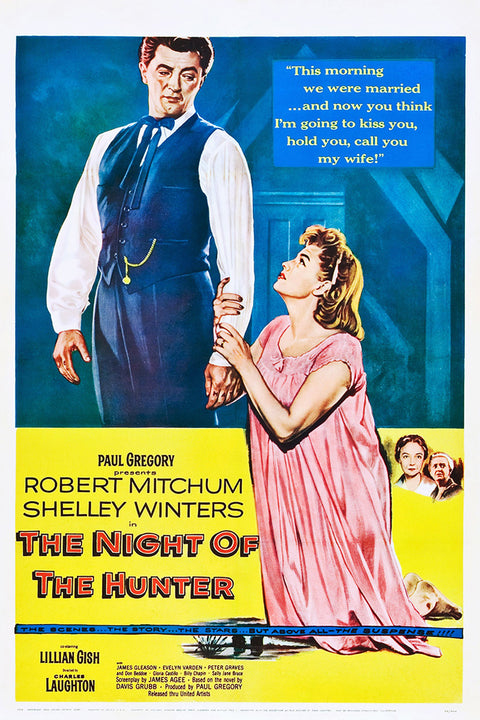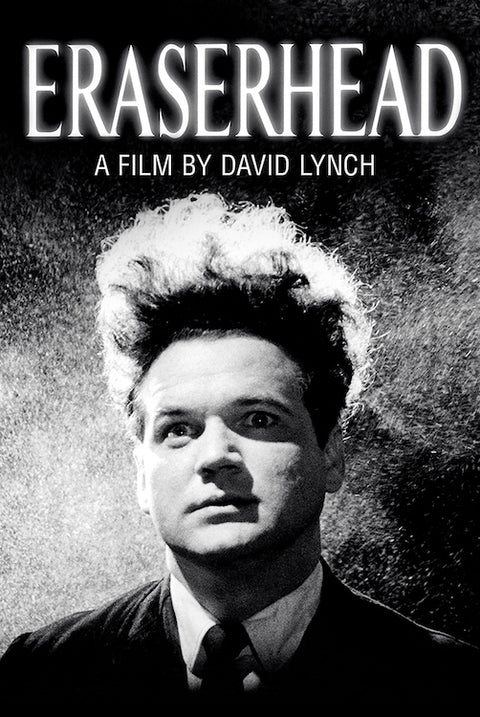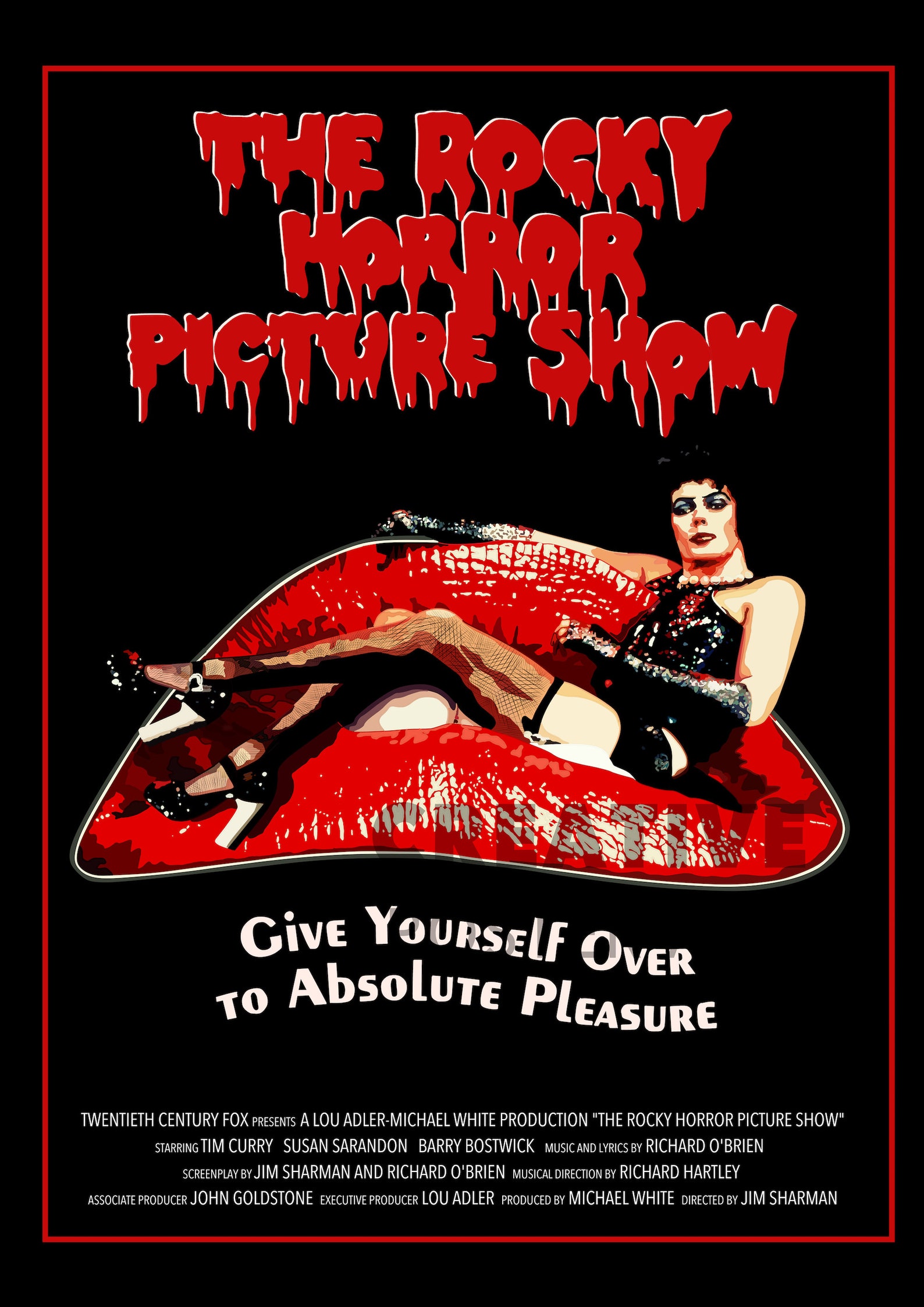MDST3502: Special Topics in Film Genre; meets MW 2pm-3:15pm
What makes a film a “cult film”?
We tend to use the term “cult” quite loosely, referring to films and media that engender passionate communities and exist on the margins of “mainstream culture.” “Cult cinema” runs the gamut of beloved but transgressive films, popular among marginalized subcultures, to politically challenged and, in some cases, suppressed films. The term “cult movie” has been applied to everything from Casablanca to the “trash” films of John Waters, from forgotten genre fare to bigger-budget films which have only found new life on home video.
In this course, we will use the idea of “cult cinema” to explore a variety of films that have been labeled as such, with an eye toward understanding how films have built communities around them and how our assessments of a film’s quality (and audience) changes over time. As such, this course will first focus on the films themselves — we will screen over ten films over the course of the semester — leading us toward research on the communities that have formed around these films. The films we will engage will run the gamut from forgotten Hollywood classics to transgressive “midnight movies,” and we will use these cases to build up a picture of a what a “cult movie” is, as well as how the definition of “cult movie” has reflected different cultural, social, and political dynamics over time.
The final list of films is yet to be determined, but some of the films we may screen could include:









Along with the films, we will read scholarship on each film, ranging from sources that attempt to theorize “cult cinema” (drawn largely from several books and edited volumes by cult film scholar Ernest Mathijs), as well as diving into the social spaces around each film that have supported their fandom. We will attempt to coordinate with local theaters to include screenings of some of these films.
There will be no exams in this course, and all assessment will be written. Students will write regular screening summaries for each film, as well as have the option to write short papers about the social communities that have formed around each film’s fandom. At the end of the term, students will be tasked with investigating a cult movie, director, franchise, community, or movement that we have not yet discussed. Students will be encouraged to follow their own interests and bring those into the classroom regularly.
For any questions about the course, please don’t hesitate to email Dr. Duncan at sean [dot] duncan [at] virginia [dot] edu.

